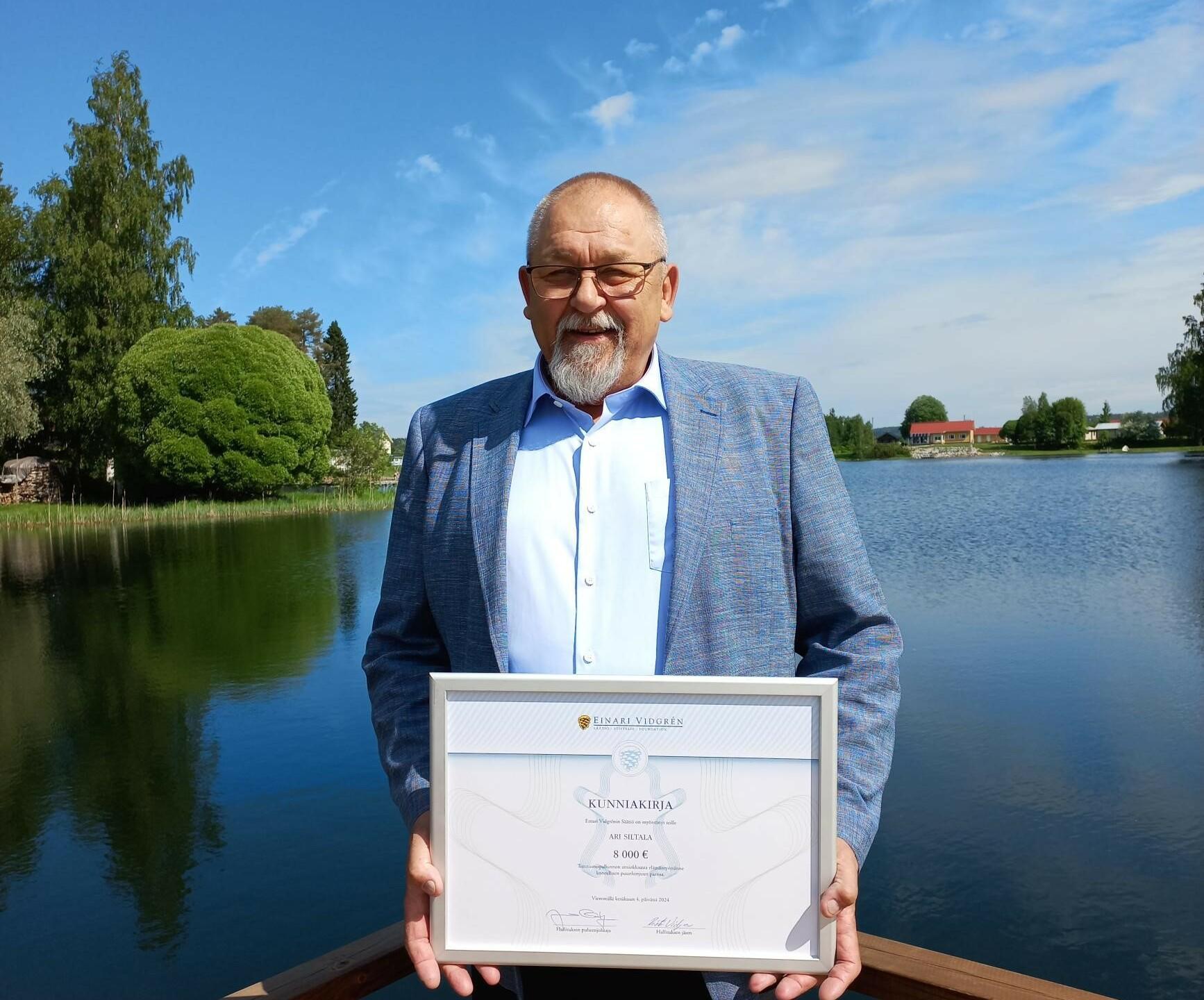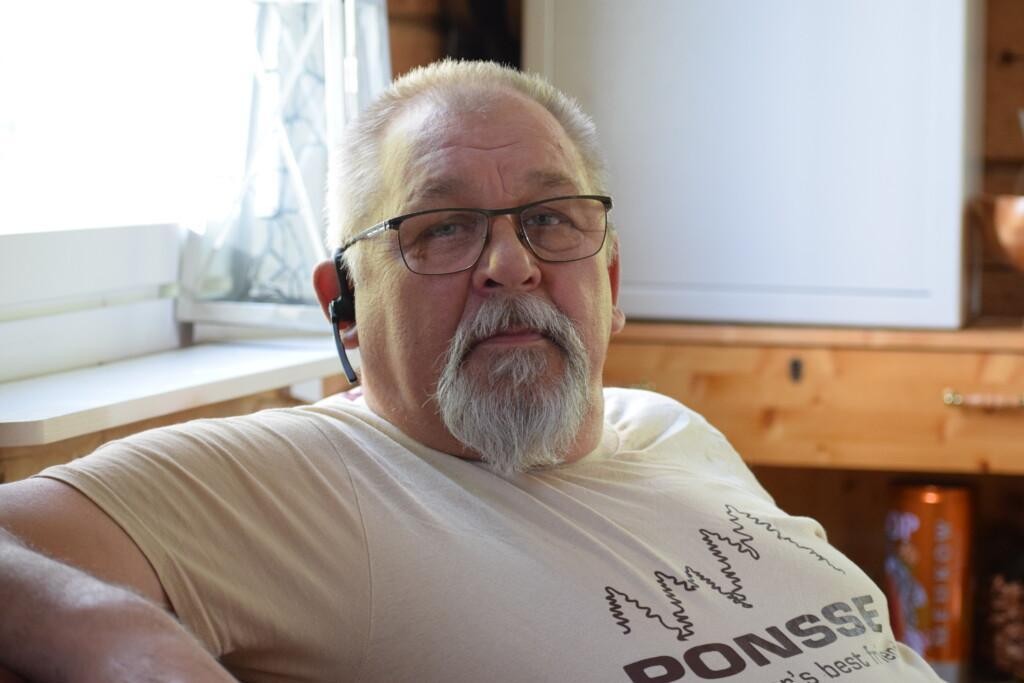
Ari Siltala: Nothing gets damaged on purpose
Ari Siltala, whose career in the forest sector spans 50 years, says that while there are now more assortments and nature values have become a hotter topic, wood is still produced as before, taking nature values into account.
“Nature is important, nothing gets damaged on purpose. That’s always been the principle, and that’s why I’ve been in this industry for so long.”
Siltala started working in forests in the 1970s, helping his father like farm boys used to do at the time.
“We bought a 175 Ferguson, and my father built a sled for it. We then pulled trees onto the sled using a winch. My job was to pull the cable.”
“A few years later, we bought a 1060 Nuffield with a roof-mounted loader from Kesko. It was the first hydraulic loader.”
“In 1973, I purchased a Robur but I was too young to have it registered in my own name. My father had to put his name in the registration documents.”
Siltala has then “worn out” several machines. The first harvester came in 1989, and at best, the company employed seven men. Back then, the company had two harvesters and one forwarder. Siltala first worked as a contractor for Kajaani Oy, but his client changed many times over as a result of business transactions in the forest industry.
“Even though seven companies quit, I always found new clients.”
Currently, Siltala is operating his 14th forest machine for a forest management association. He stopped contracting briefly due to unsuccessful negotiations, or like he, a plain-spoken man born and raised in Savo, likes to put it:
“I couldn’t stand zero tolerance over wages.”
His brother Jari bought the last of the machines operated back then to also become a machine contractor. Ari Siltala then spent a few months doing nothing.
“Next, the forest management association’s director of operations called and asked me to go and buy a machine, as they needed a harvester operator.”
“The forest management association is the most reliable client when working solo. I’ve been busy apart from the longer stoppages this summer. Wood prices are so high that smaller companies can no longer afford to buy stands. In practice, every assignment is a thinning site; final felling sites have become non-existent.”

Never tired of going to work
Originally, Siltala was supposed to become a farmer. His home farm had 25 cows, and it seemed that they were enough to earn a living. Siltala had an accident in his twenties, breaking his left hip, and also changing his career plans. His hip was fixed in a single position for seven years. While it would have made working on a farm difficult, it presented no obstacle at logging sites. However, Siltala had to modify an old bus seat for his forest machine.
“I sawed off half of the seat to make my hip stay in the right position.”
The hip was fixed with screws for seven years but the pain got worse and made working more difficult. Siltala had to get rid of the pain. Through perseverance and Savonian bluntness, Siltala eventually persuaded the chief physician of the Live Foundation to perform hip surgery, which had already been rejected once. Siltala had to remind the surgeon of which of them felt pain in their backside.
The hip had to be fixed because Siltala had to work, and fixed it was. The new hip joint ordered from the Netherlands has done its thing for 36 years and counting.
Siltala is still as eager to work as before.
“I’ve worked in forests for 50 years now, and that’s the only place I want to be for as long as I can stay healthy. I’ve never been tired of going to work.”
While Siltala still enjoys harvesting, he is worried about the direction in which the industry is heading. Being successful is not easy.
“The forest industry offers good jobs but I’m worried about what it gives in return. Large companies don’t appreciate smaller contractors’ cost structures. It makes me wonder who’ll do all the work when we grey beards retire. I hope that major corporations can give a slice of their billion-euro profits to us before the whole harvesting industry dies,” Siltala says.
Siltala has a word of advice for everyone dreaming of a forest machine career:
“If the forest industry is your thing, you need to cut the log to earn a living.”